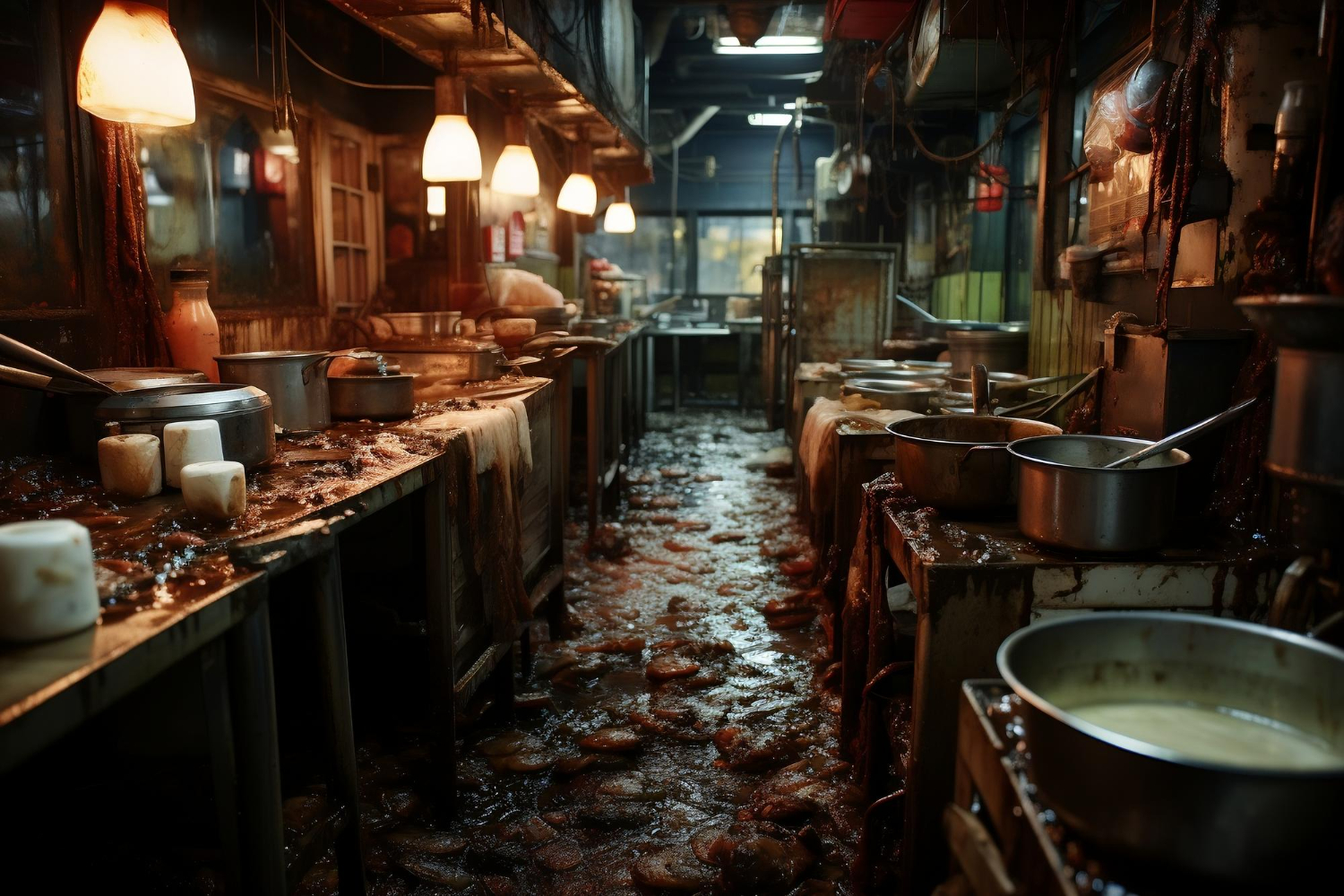Food & Beverages
Mumbai’s Unsafe Eateries: ‘The Domino Effect’
Mumbai’s food outlets are now facing massive scrutiny in the wake of a disturbing incident reported when a customer at a notable restaurant
discovered a dead mouse in a dish. Restaurants across 13 zones in Mumbai are under inspection as a part of a special campaign launched by the
Food and Drug Administration. In a span of 12 days since the inspection began, 68 hotels were examined, out of which 64 of them were found to be
violating major protocols including hygiene, missing food safety licence, mandatory water tests, pest control etc., which posed a threat to public
health.
Supply of Unsafe Food
The issue of food safety and public health has been one of the major concerns in the last decade with the rise of food outlets and food
delivery culture in India. In 2022, around 120 students of a girl’s high school in Siddipet fell sick from eating lunch at school. In Kerala,
a 16-year-old died from eating chicken shawarma due to the presence of a bacterium named Shigella. According to a survey conducted in 2010,
the South-East Asia region alone witnessed 150 million people contracting foodborne diseases, which consequently led to 175,000 deaths.
This has led to an increase in food poisoning cases in India. According to the Journal of Medical Science, two million people died
after consuming contaminated food and water, out of which 9,646 cases happened in India.
Ignoring the Process
The main reason for the increase in such cases and incidents could be the sheer ignorance of rules and regulations. Around 74% of Mumbai’s eateries have dirty kitchens. Restaurants do not display hygiene ratings on the premises as per the guidelines. Functioning without a valid licence or maintaining unhygienic surroundings while serving huge crowds are commonly seen despite the fact that their customers are falling ill or consuming contaminated food and water.
Safe Food - A Demand
The need for a safe and hygienic place to eat has increased as the FDA continues to shut down food outlets across Mumbai, including
famous names, due to regulatory violations. As FBOs, all organizations or processing units must ensure safety and should not compromise
on the quality of the food which affects public health. To ensure this, every organization should realise that the supply of unsafe food
may result in foodborne illness of consumers and later hospitalization or worse, death.
Restaurants or food outlets can ensure a safe functioning by adhering to existing food safety laws and maintaining hygiene 24/7. Food safety
management should be implemented by availing testing services available. A food safety culture should be practised around the organization to train
the employees to prioritise the needs and safety of a customer’s health over anything else.
Implementing the change
A lot of such headlines have kept appearing in the past decade which has led to the implementation of new rules and regulations.
Despite the outcome, the sad reality remains that such incidents keep happening around the world. Food outlets and organizations
should cater to their customers by ensuring the quality of the food products that they serve in the market for the purpose of consumption.
Along with the food business organisations and outlets, consumers must make an effort to understand the source of foods they consume.
Consumers must stay away from visibly unhygienic eateries and outlets, limit the frequency of eating out and rely on home-cooked foods
for maintaining healthy lifestyles. Consumers must participate in food safety training initiatives organised by government authorised
agencies to understand food safety measures.







 Food And Beverages
Food And Beverages